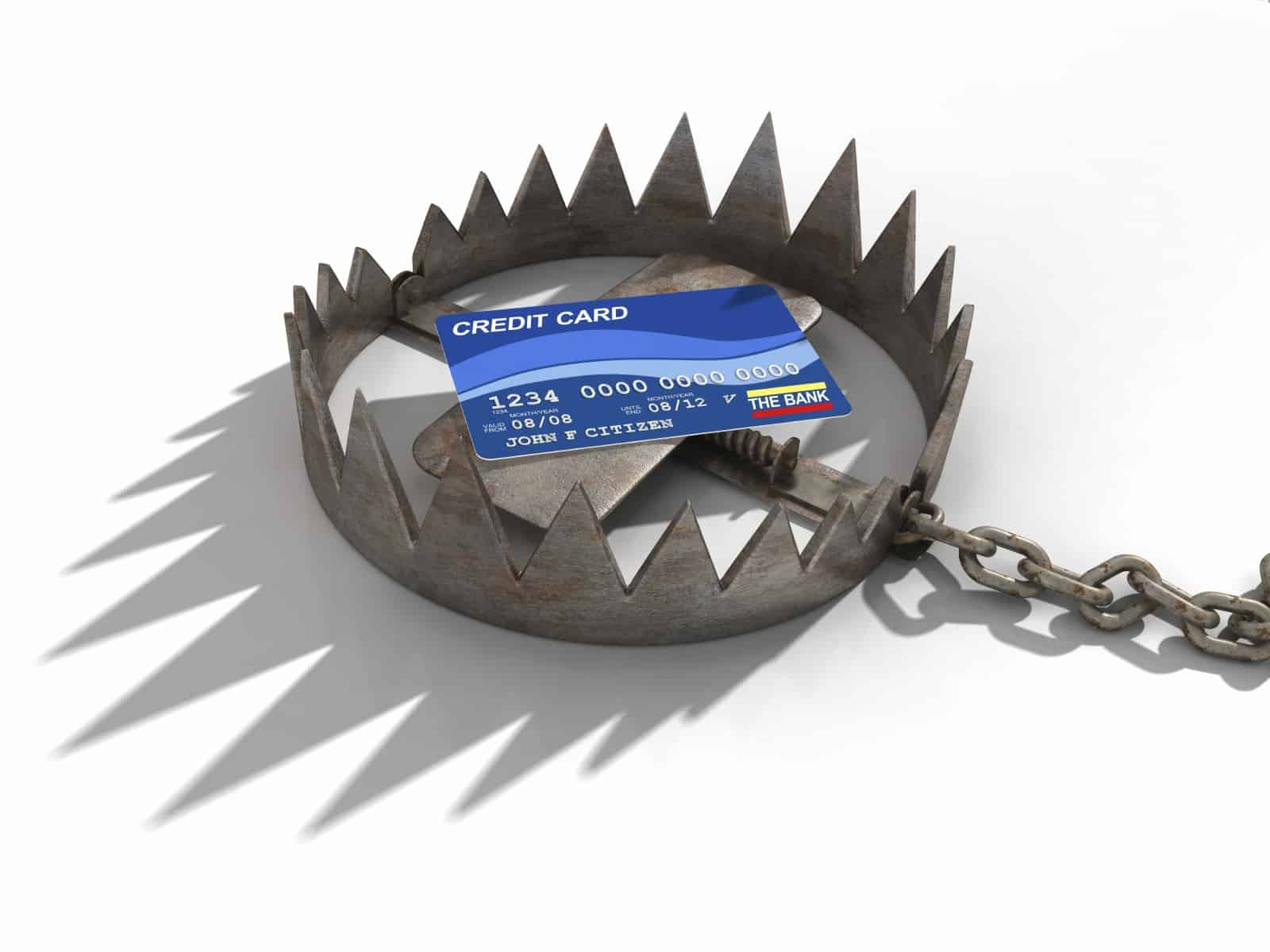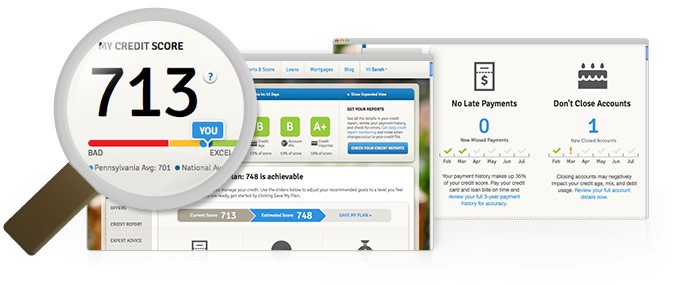Personal loans are double-edged swords. It can help you get back on your feet after an emergency, square off some outstanding debt, get you through an unexpected financial situation or help set up capital for that business idea you’ve been working on.
Sadly, a lot of people would take out personal loans to buy frivolities and luxuries that they can do without, and they end up not paying them off, leading them to the first few steps to financial ruin. Taking on debt is a huge responsibility, because if mismanaged, debt can compound and grow before you even know what’s happening. Before taking out that personal loan, here are a few things you should consider:
1. Check out your credit score
To banks, your credit score is everything. They’d be more likely to clear a personal loan (with good interest rates, as well) if you have a good credit score; the opposite is true if your credit score is in the red. To avoid biting off more than you can chew, take a good look at your last credit report, square off any debts you have, if you can, and try to improve your credit score before you even apply for a personal loan. Trust us, it’s in your best interest to do this!
2. Look around
Not every lender is right for you. Find a lender that gives you flexibility with its payment terms, reasonable interest rates, and at a fee you will find manageable Cebuana Lhuillier’s microfinancing solutions might work for you, compared to other lenders and banks that charge very high interest rates, which might leave you with more debt. Make sure that the personal loan you take out is a loan that you see yourself paying off as soon as possible. Never bite off more than you can chew!
3. Consider the fees

Most loans would have other, less noticeable fees besides principle and interest rates, and every single peso adds up. Check every clause in the contract before signing, and weigh it out – will I be better off after taking out this loan, or will this really hurt me in the long run? Learn to weigh the risks and the benefits before you take out a loan to avoid inconveniences in the long run.
4. See if it’s affordable
If you’re taking out a loan, be sure that you can afford it. The longer it takes you to pay, the bigger the interest you incur. Before taking out a loan, figure out how to set up a monthly budget dedicated solely to paying off your loan. If it turns out to be a reasonable enough amount to pay off each month, and if you’re confident that you’ll be consistent about it, take it out. It helps to consider every angle of your loan to protect yourself.
5. Get all your documents in order

Many borrowers have been denied, or charged with higher interest rates, just because they didn’t bring the complete documents needed by the lender to fully assess their financial background. Avoid this by taking everything with you: identification, credit card statements, billings, tax forms, deeds, titles, and other things that a lender might require you to bring. Save yourself the hassle of paying more by being prepared!
Image Source:
http://ivsz.hu/ivsz-rol/alapdokumentumok/
http://ourfinancialsecurity.org/2009/11/a-one-page-credit-card-agreement/credit-risk/
http://ivsz.hu/ivsz-rol/alapdokumentumok/

